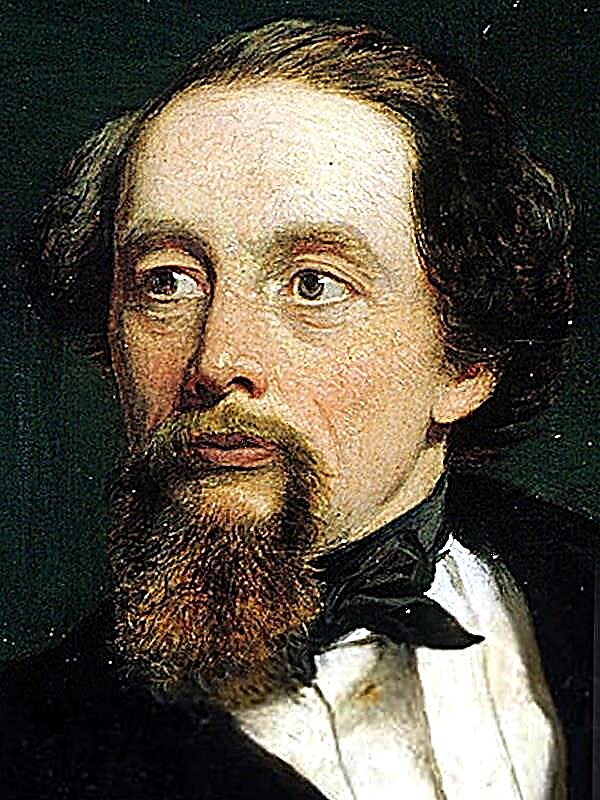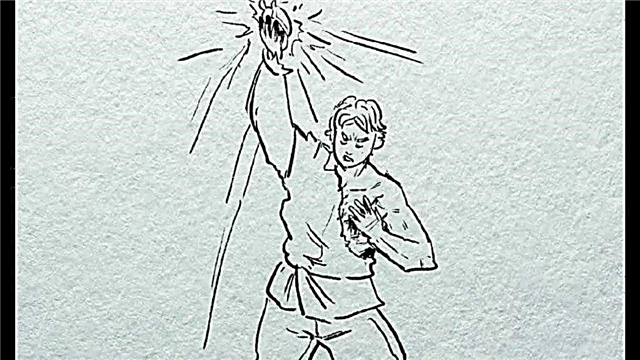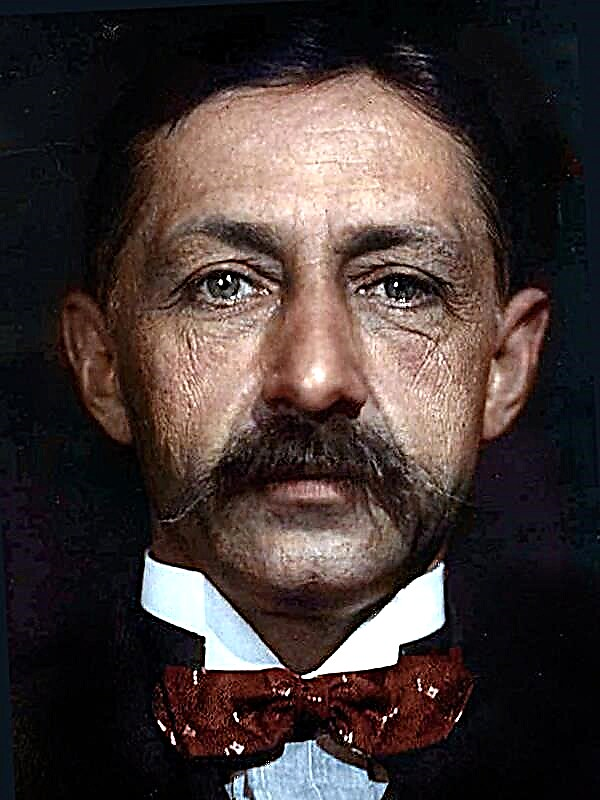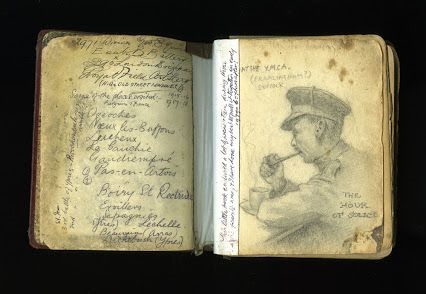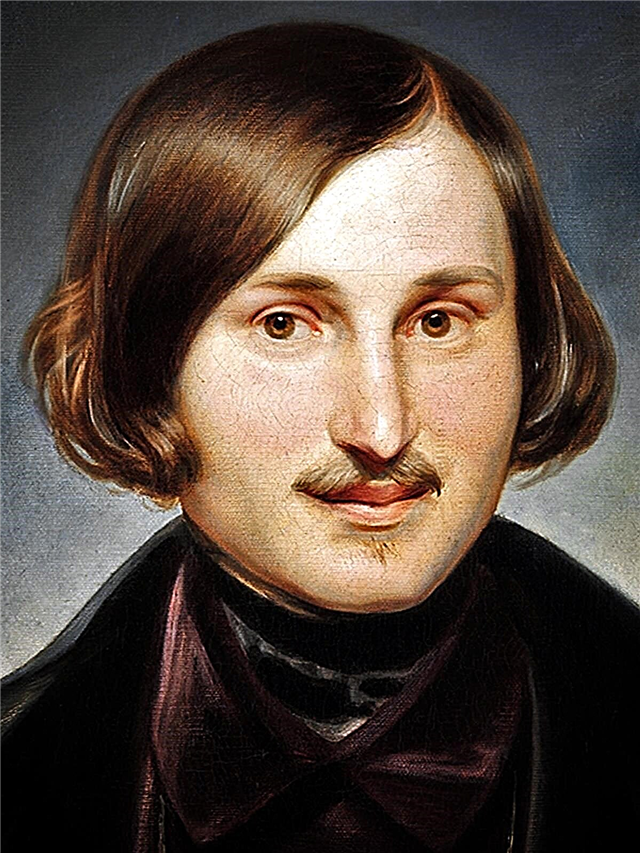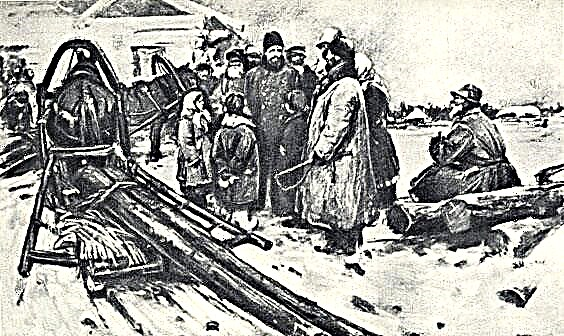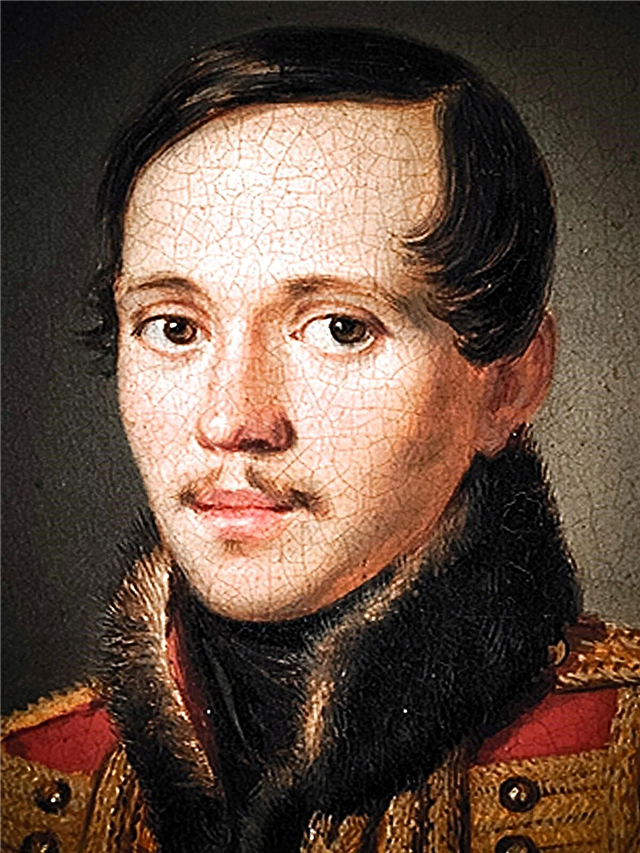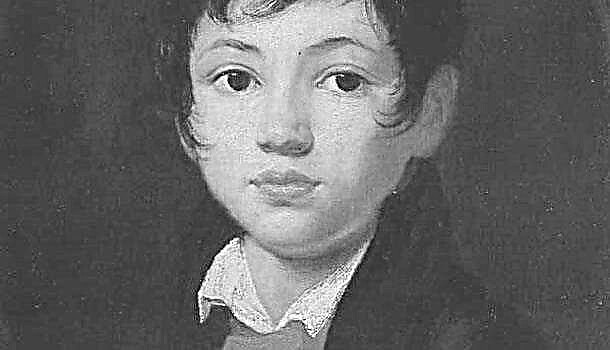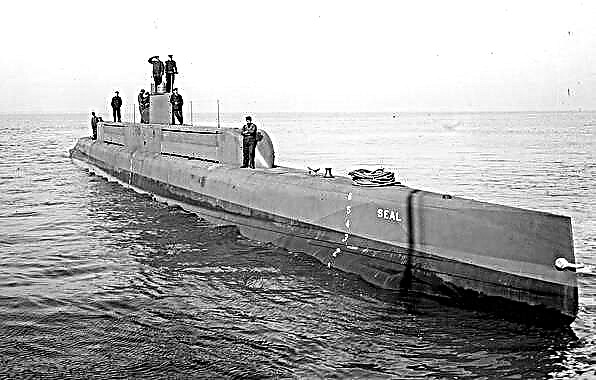I. Prometheus and Zeus
Chained to the rocks of the Caucasus, the titan Prometheus asks Zeus to free him. But no, the punishment is still not enough: after all, Prometheus not only stole Zeves the fire and gave it to people, but also (worst) created a woman!
Therefore, the heavy chains and the eagle daily devouring the Promethean liver, which again grows overnight, are just a prelude to future torment.
Prometheus offers, as a reward for liberation, the discovery of the future for Zeus. He, having doubted at first about the titanic prophetic gift, immediately surrenders: Prometheus unmistakably guesses that Zeus is going on a date with Thetis - the Nereid, one of the sea goddesses. And Zeus warns: if the Nereid gives birth to his son, he will overthrow his father from the Olympic throne. Convinced and even slightly moved by this prediction, Zeus refuses a fatal date and orders the blacksmith Hephaestus to free Prometheus.
II. Eros and Zeus
Called to account for his cruel tricks, Eros asks Zeus to have mercy on him, because he, they say, is still a child. "You are a child?! - exclaims the indignant Zeus. “After all, you, Eros, are much older than Ialeth.” Because you do not have a beard and gray hair, you want to be considered a child, although you are an old man, and, moreover, a scoundrel! ”
In punishment for numerous bullying, Zeus intends to bind Eros. After all, it was by his grace that he was forced to win the love of women, turn into a bull, an eagle, a swan, a satyr and could not appear to him in his true guise.
Eros reasonably objects that no mortal can stand the sight of Zeus and die of fear. He offers Zeus not to throw lightning, not to shake menacingly auspices and take on a more peaceful, pleasant appearance, in the manner of Apollo or Dionysus.
Zeus indignantly rejects this proposal, but also does not want to refuse the love of earthly beauties. He demands that amorous pleasures cost him less effort. With this condition, Eros is released.
III. Zeus and Hermes
Hera, out of jealousy, turned the beautiful Io into a heifer and placed her as the guard of the hundred-headed shepherd Argus. But Zeus, in love with Io, orders Hermes to kill Argus, lead Io across the sea to Egypt and make her there Isis - the goddess who controls the floods of the Nile and the winds, the patroness of sailors.
IV. Zeus and Ganymede
Zeus, having fallen in love with the pretty shepherdess Ganymede, turns into a giant eagle and abducts the boy. Ganymede, poorly versed in the Olympic hierarchy, still considered the main deity of the forest Pan and distrusted the words of Zeus about his universal power.
Ganymede asks to return him home, on the slopes of Mount Ida, as soon as possible: the herds were left unattended, and his father would send him for absenteeism. Zeus patiently explains that now the boy is forever saved from shepherd's cares - he will become a celestial.
Ganymede wonders: what should he do here if there are no herds in the sky, and with whom will he play here ?! Zeus promises him as comrades of Eros and as many grandmas for the game. And he kidnapped the boy he loved so that they would sleep together.
The simple-minded Ganymede is even more perplexed: after all, when he slept with his father, he often became angry that his son was anxiously tossing and turning, and drove him to his mother - the boy honestly warns. And having heard that Zeus is going to hug him all night, firmly declares that he will sleep at night. Although it does not forbid Zeus to kiss him. And satisfied Zeus tells Hermes to give Ganymede to drink immortality, to teach how to serve the goblet and bring to the feast of the gods.
V. Hera and Zeus
Hera rebukes Zeus for being too addicted to Ganymede. The father of the gods nevertheless left his mortal lovers on Earth, but Ganymede made him a celestial. And in addition, taking the cup from the hands of the handsome butler, Zeus kisses him every time! Did Hephaestus and Hera serve poorly at the table ?!
The angry Zeus replies that Hera's jealousy only inflames his passion for the beautiful Phrygian. Of course, Hera, if he wants to, can still use the services of his grimy blacksmith at feasts. But he, Zeus, will be served only by Ganymede, whom he will now kiss twice: and taking the cup from the boy’s hands, and returning.
VI. Hera and Zeus
Hera indignantly complains to Zeus that Ixion, taken to heaven, fell in love with her and constantly sighs. This offends Hera. Zeus suggests making fun of the lover: slip a cloud over him, giving the latter the appearance of Hera. If, however, taking wishful thinking, Ixion will then begin to boast that he has conquered Zeus’s wife and possessed her, he will be cast down into Hades and tied to an ever-spinning wheel as a punishment not for love (there’s nothing wrong with that!), But for boasting.
VII. Hephaestus and Apollo
Hephaestus delightedly tells Apollo about the newly born Hermes - the son of Maya. The newborn is not only very beautiful, but also hopefully friendly. Apollo reports in response that the clever baby has already stolen the trident of Poseidon, the sword of Ares, and from him, Apollo, and the arrow. Then Hephaestus discovers that he has lost ticks ...
Hermes is gifted comprehensively: in a playful fight he defeated Eros, substituting the bandwagon for him, and from the shell of a turtle and seven strings he made a cifaru, and plays in such a way that Apollo envies him.
The overpowered Hephaestus goes to Hermes for the stolen ticks hidden in the diapers of the newborn.
Viii. Hephaestus and Zeus
Zeus orders Hephaestus with a sharp ax to chop ... his head. The frightened blacksmith god is forced to reluctantly submit, and Athena is born. She is not only warlike, but also very beautiful. Hephaestus suddenly falls in love with her. But Zeus cools his ardor: Athena prefers to remain a virgin forever.
IX. Poseidon and Hermes
Poseidon came to Zeus. But Hermes does not let him in, since Zeus just ... gave birth. But this time not from the head (as recently Athena), but from the hip. So he bore the fruit of one of his many sympathies of the Theban Semela, giving birth in her place, for Semela died. Thus, he is both the father and mother of the child, whose name is Dionysus.
X. Hermes and Helios
Hermes gives Helios the order of Zeus: not to leave in his chariot of fire either tomorrow or the day after tomorrow. Zeus needs to prolong the night in order to have time to conceive with the Boeotian Alkmena an unprecedented hero: a great athlete will be made under the cover of the deepest darkness. Hermes then orders Selena to move slowly, and to Sleep not to let people out of their arms so that they will not notice such a long night. So that Heracles could appear in the light.
Xi. Aphrodite and Selena
Selena admits to Aphrodite that she fell in love with the beautiful Endymion. She regularly descends to him from the sky when Endymion sleeps, spreading a cloak on a rock. Selena literally dies from a love for a young man.
XII. Aphrodite and Eros
Aphrodite reproaches her son Eros for unprecedented tricks not only with mortals, but also with celestials. By his will, Zeus turns into everything that Erota thinks of. He brings Selena to Earth. And Helios, basking in the arms of Klymena, forgets to leave the sky in his chariot in a timely manner. Even the venerable Rhea, the mother of so many gods, Eros made him fall in love with the young Phrygian Attis. Maddened by love, she harnessed her lion chariot and rushes through the mountains and forests in search of her lover. Eros makes excuses to his mother: is it bad to turn the eyes of people and gods to beauty ?!
Xiii. Zeus, Asclepius and Hercules
At the feast of the gods, Hercules makes a quarrel with Asclepius, demanding that he recline below him, having performed so many exploits. He dismissively reminds: Asclepius struck Zeus with his lightning for reviving people who were doomed by the gods to death, thereby neglecting the laws of nature and the will of the celestials. Asclepius calmly remarks that it was he, by the way, who put in order the same Hercules, who was thoroughly burned at the funeral pyre ...
Zeus stops their hassle, noting: Asclepius has the right to a higher place, because he died and was taken to heaven before Heracles.
Xiv. Hermes and Apollo
Apollo is sad. To Hermes's question about the cause of sadness, he answers:
he accidentally killed his favorite, the beautiful Hyacinth - the son of King Ebal from Laconia. When both of them were engaged in discus throwing, Zephyr, unrequitedly loving Hyacinth, the west wind out of jealousy blew so hard that the disc thrown by Apollo changed direction and killed the young man. In memory of his pet, Apollo grew a beautiful flower from the drops of his blood, but he remained inconsolable anyway. Hermes reasonably objects: “Apollo, you knew you made the mortal's favorite; so one should not complain that he is dead. ”
Xv. Hermes and Apollo
Hermes and Apollon are surprised: the lame blacksmith Hephaestus, far from handsome, got two beautiful goddesses as a wife: Aphrodite and Harita. But they, handsome men, athletes and musicians, are unhappy in love. Apollo never achieved Daphne's reciprocity, but he killed Hyacinth himself with a disc. True, one day Hermes knew the caresses of Aphrodite and, as a result, Hermaphrodite appeared ...
However, the loving Aphrodite is also very supportive of Ares, often forgetting about her grubby and sweaty wife. Rumor has it that Hephaestus is preparing networks to entangle lovers with them and to catch them on the bed. And Apollo admits: for the sake of Aphrodite's embrace, he gladly agreed to be caught.
Xvi. Hera and Latona
Eaten by old and mutual hostility, Hera and Latona reproach each other with real and imaginary vices of children. To Latona’s caustic remark that Hephaestus is chrome, Hera answers: but he is a skilled master and is respected by Aphrodite. But the masculine Artemis - the daughter of Latona, lives in the mountains and, according to the Scythian custom, kills strangers. As for Apollo, although he is considered omniscient, he did not foresee that he would kill Hyacinth with a disk, and did not imagine that Lafna would run away from him.
Latona replies that Hera is simply envious of her: the beauty of Artemis and the muscular gift of Apollo are a delight to everyone. Hera in anger. In her opinion, Apollo owes musical victories not to himself, but to the excessive favor of the judges. Artemis is rather ugly than beautiful. And if she were really a virgin, she would hardly help women in labor. An angry Latona throws to Hera: “The time will come, and I will see you crying again when Zeus leaves you alone, and he descends to the ground, turning into a bull or a swan.”
Xvii. Apollo and Hermes
The laughing Hermes tells Apollo that Hephaestus with skillfully woven nets entangled Aphrodite and Ares the moment they made love. Caught by surprise, naked, they burned with shame when all the gods mocked them. Hephaestus himself laughed loudest. Hermes and Apollo admit to each other that they would be ready to find themselves in the networks of Hephaestus.
Xviii. Hera and Zeus
Hera tells Zeus that his son Dionysus is not only effeminate to indecency, but also wanders, intoxicated in the company of crazy women and dances with them day and night. He looks like anyone, but not his father Zeus.
The Thunderer objects: the effeminate Dionysus not only captured the whole of Lydia and subjugated the Thracians, but even conquered India, capturing the king there, who dared to resist. And all this in the midst of unceasing round dances and drunken dances. And those who dared to insult him, not respecting the sacraments, Dionysus tied the vine. Or forced the mother of the criminal to tear his son apart, like a young deer. Are these not courageous deeds worthy of the son of Zeus? Hera is indignant: wine leads to madness and the herd is the cause of many crimes. But Zeus sharply objects: it is not wine and Dionysus who are to blame, but the people themselves, who drink without measure, without even mixing wine with water. And the one who drinks in moderation becomes only more cheerful and gracious, without harming anyone.
XIX. Aphrodite and Eros
Aphrodite asks Eros in surprise: why is he easily subjugating to himself all the gods - Zeus, Apollo, Poseidon, even his own mother Ray, spare Athena?
Eros admits: he is afraid of Athena - her scary look frightens the insidious baby. Yes, even this terrible shield with the head of the Medusa Gorgon. Whenever Eros tries to get closer, Athena stops him with the threat of immediate reprisal.
But muses, Eros admits, he deeply respects and therefore spares. “Well, let them if they are so sedate. But why don't you shoot Artemis? ” - “I can’t catch her at all: she runs around the mountains. In addition, she has an addiction - hunting. ” But her brother Apollo with his arrows, Eros hit more than once.
XX. Court of paris
Zeus sends Hermes to Thrace so that there Paris resolves the dispute of the three goddesses: which of them to award an apple with the inscription "The Most Beautiful". Paris, although he is the son of King Priam, grazes herds on the slopes of Ida and, of course, is timid, having seen Hera, Aphrodite and Athena before him. But when Hermes interprets the order of Zeus to him, the prince gradually comes to his senses and begins to admire the goddesses in delight, clearly not knowing which one to prefer. He is also embarrassed that Hera is the wife of Zeus, the other two are his daughters. In such a delicate situation, it is especially dangerous to make a mistake. But Hermes assures Paris that Zeus fully relies on his taste and objectivity.
The emboldened Paris asks Hermes for guarantees that the two rejected will not take revenge on him. Then he asks the goddesses to undress and approach him in turn. The first strips Hera, white-skinned and haired. She offers Paris: if he awards the award to her, he will become master over all of Asia.
Athena is also trying to bribe the judge with a promise: he will be invincible in battles. Paris modestly replies that he is a peaceful person, military exploits do not appeal to him. But, like Hera, he promises to judge honestly, despite the gifts.
Aphrodite asks to examine her more carefully. During the inspection (which clearly gives Paris pleasure) she skillfully and unobtrusively extols its beauty. Paris, they say, deserves a better fate than the shepherd's life in the wild mountains. Why is its beauty to cows? He could find a worthy couple, even in Hellas. Aphrodite tells the interested judge about one of the most beautiful women - Elena, wife of the Spartan king Menelaus, daughter of Leda, granddaughter of Zeus. Paris is more and more interested in her story. Then Aphrodite offers him to go on a trip to Hellas and to see the beauty in Lacedaemon himself: “Elena will see you, and there I will make sure that she falls in love and leaves with you.” It seems incredible to Paris, but the goddess says: everything will be exactly as she promises. She gives her sons, Hymeros and Eros, to the escorts of Paris. With their common help (arrows of Eros and everything else) the plan will be fulfilled. Having taken the word from the goddess that she would not deceive, Paris (already in absentia inflamed with love for Elena) confers an apple to Aphrodite.
XXI. Ares and Hermes
Ares anxiously and with obvious distrust tells Hermes about the praise of Zeus: he supposedly will lower the chain from heaven, and all the gods, grabbing at it, will not be able to pull the thunderer down. But he, if he wants, will raise on this chain not only all the gods, but also the land with the sea.
Ares doubts the fantastic power of the father of the gods. Moreover, recently Poseidon, Hera and Athena, outraged by his atrocities, almost seized Zeus and, perhaps, would have tied up if it had not been for Thetis, who took pity on him and called for the help of the old Briareus. But Hermes interrupts Ares: “Shut up, I advise; It’s not safe for you to say such things, but for me to listen to them. ”
XXII. Pan and Hermes
Hermes is surprised: Pan calls him father! He indignantly says that the goat-footed and horned Pan cannot be his son. But he recalls that somehow Hermes got along with Spartan Penelope, taking on the form of a goat.
Hermes confusedly recalls: it was so.And Pan asks him not to be ashamed of such a son: he is respected and loved not only by the dryads, nymphs and maenads of Dionysus, but also by all the Athenians whom he rendered service at the Marathon: he instilled fear into the souls of the Persians (hence the word “panic”). Hermes is even moved: he asks Pan to come up and hug him. But, he adds right there, "don't call me father with strangers."
Xxiii. Apollo and Dionysus
Apollo is surprised: Eros, Hermaphrodite and Priap, so dissimilar to each other, are siblings! Dionysus replies that there is nothing surprising. And it is not their mother Aphrodite who is guilty of the dissimilarity of the brothers, but different fathers.
Xxiv. Hermes and Maya
Tired and irritated, Hermes complains to his mother Maya about wild overloads. He should not only serve the gods at feasts, tirelessly carry the orders of Zeus across the earth, be present in the palestras, serve as a herald in the public meetings, and also not sleep at night and lead the souls of the dead to Pluto ... In addition, Zeus constantly sends Hermes to inquire about the health of his many earthly lovers. "I can not take it anymore!" Hermes complains to his mother. But she advises her son to reconcile: “You are still young and must serve your father, no matter how much he wants. And now, since he sends you, flee as soon as possible to Argos, and then to Boeotia, otherwise he will probably beat you for your slowness: lovers are always irritable. ”
Xxv. Zeus and Helios
Zeus is angry. Helios, yielding to the insistent requests of his phaeton's son, entrusted him with a chariot of fire. But the arrogant young man could not afford it. Uncontrollable horses carried a chariot away from the usual rut: part of the land was burned, and the other died from frost. To prevent a complete catastrophe, Zeus had to kill Phaeton with lightning. Helios makes excuses: he supposedly warned and instructed his son, as he should. But Zeus interrupts him: if Helios once again allows himself to do this, he will find out how much stronger than his fire Zeusov perun burns. He orders a phaeton to be buried on the shore of Eridan, where he fell from the chariot. The tears of the sisters shed on his grave may turn into amber, and they themselves will become anchors.
XXVI. Apollo and Hermes
Apollo asks Hermes to teach him to distinguish between twin brothers Castor and Polydeus. Hermes explains: Polidevka, a mighty fist fighter, is easy to recognize: he has traces of crushing blows on his face, “But tell me one more thing; why aren’t they both coming to us together, but each of them is alternately made dead, or God? ” Hermes also explains this: when it turned out that one of the sons of Leda must die and the other become immortal, they thus divided immortality among themselves. But Apollo does not calm down: he himself predicts the future, Asclepius heals, Hermes teaches gymnastics and wrestling, and performs a host of other important tasks. But what do Dioscuri do? Hermes also explains this: Castor and Polydeus help Poseidon: they go around the seas and, if necessary, provide assistance to distressed sailors.

